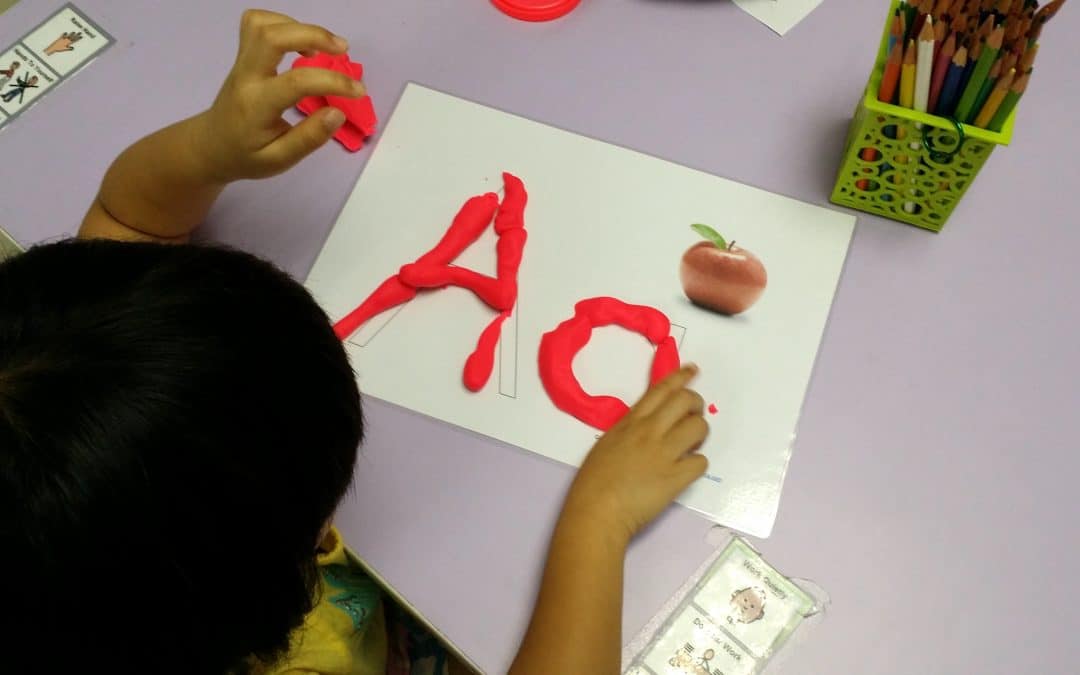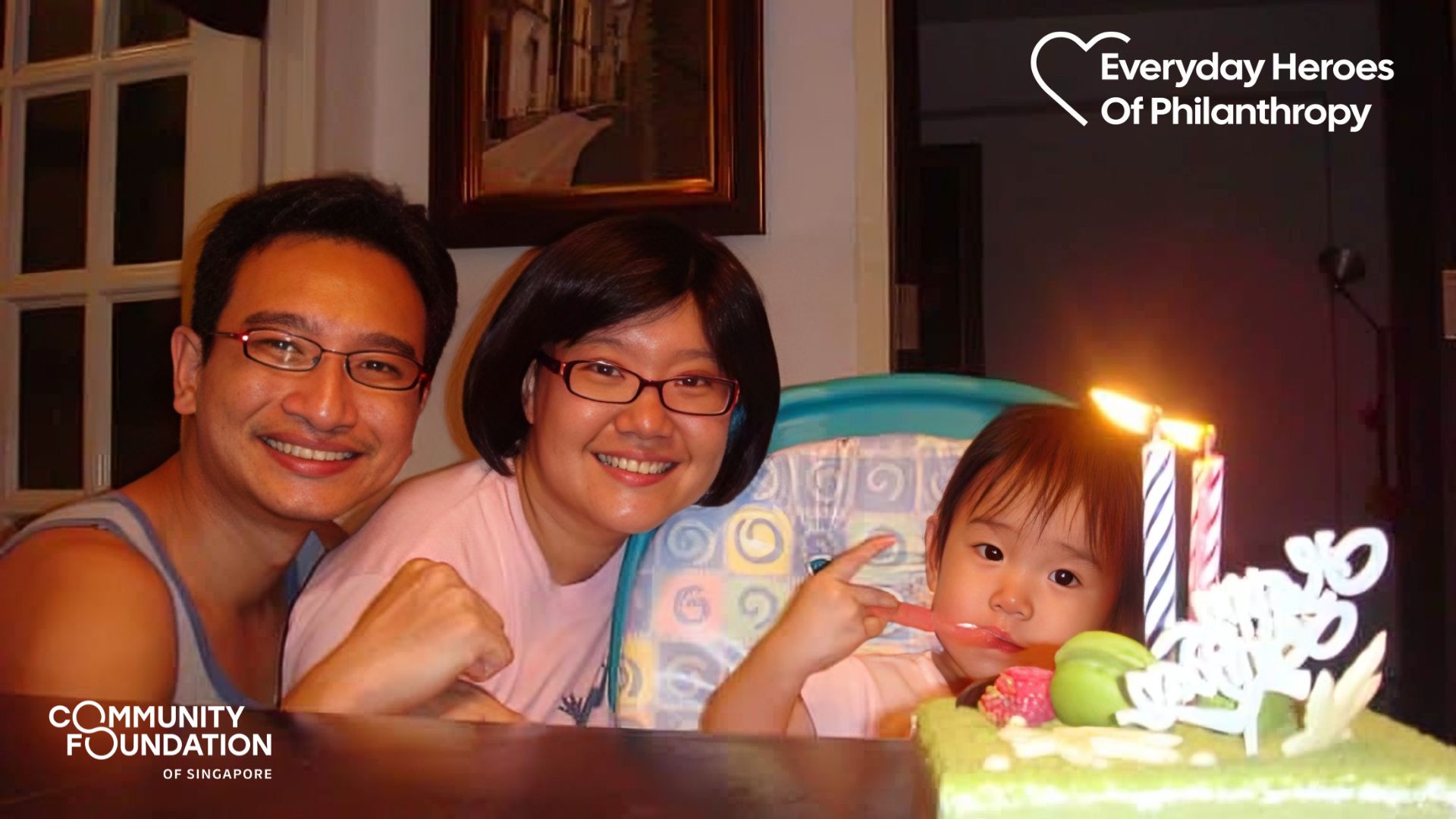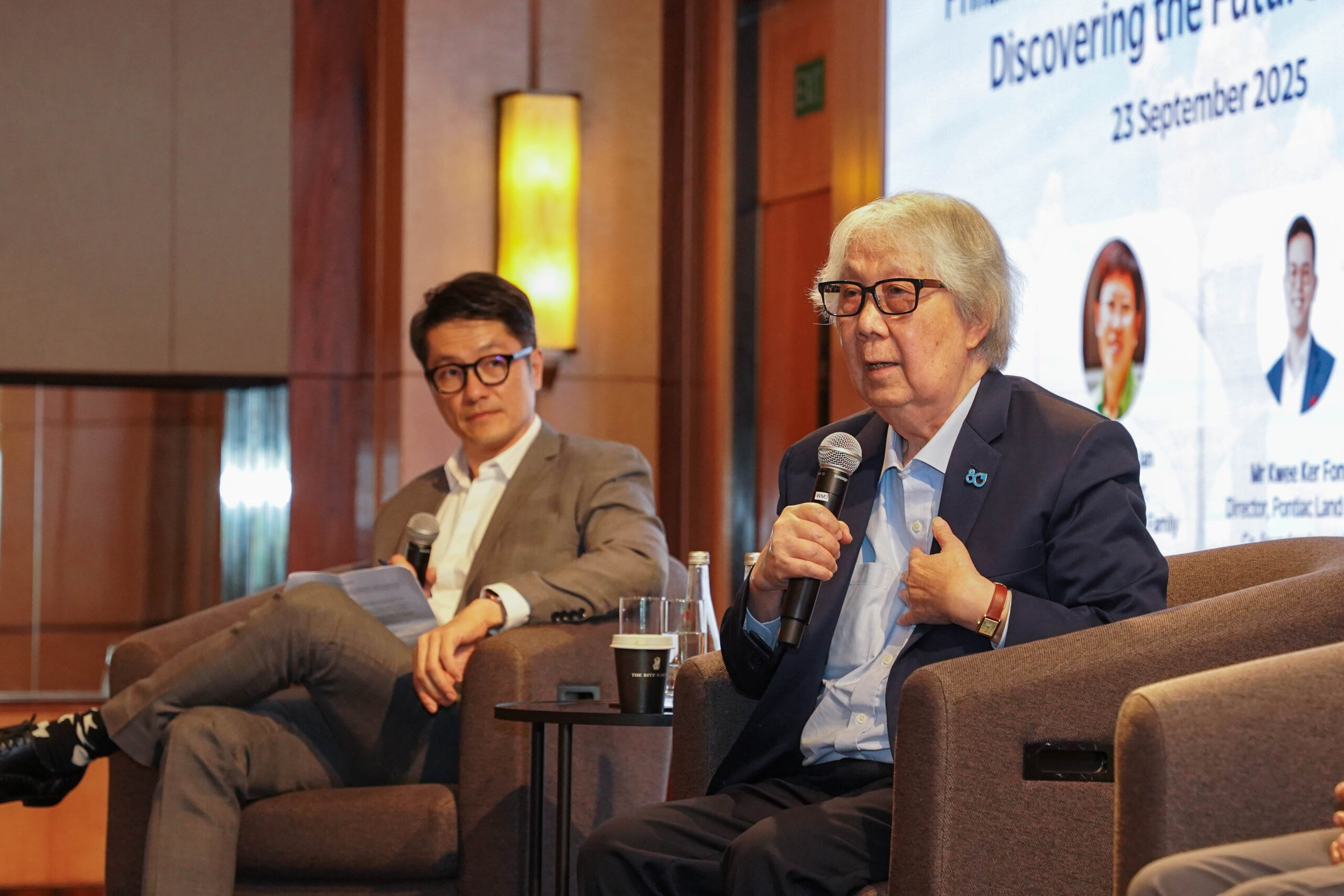Care Corner Educational Therapy Service – Tackling gaps for children with special learning needs


Singapore can take pride in being billed the best country for children to grow up in, based on a 2018 report by the non-governmental organisation, Save The Children. Yet, for children with special learning needs within mainstream schools, there remains room for timelier intervention and more holistic support.
Supported by multiple donors from the Community Foundation of Singapore (CFS), Care Corner’s Educational Therapy Service (ETS) has been serving children with special learning needs in mainstream schools from Kindergarten 1 to Primary 6. More than half of its students are from lower-income families, where lack of financial resources often means delayed diagnosis or access to specialised learning support services. Children struggle to keep up with their educational milestones and peers, hurting their self-esteem and motivation
Care Corner’s ETS well-received Specialist Tuition (English) and Specialist Tuition (Math) programmes have helped these children overcome their challenges and progress in their academic journey. Over 70% of its students showed improvement in their literacy and numeracy skills in 2017, based on assessment scores.
Many of its students spend on average of at least two years with ETS, benefiting from small class sizes where teachers adapt learning methods to the needs of each child. “Current mainstream resources do offer short-term support, but in reality, such children require continuous, targeted help for longer duration to allow the child to pick up the needed skills,” says Isaac Tan, Clinical Director.
More notably, its Specialist Tuition programmes are designed to not just improve key skills, but actually meet the academic demands of mainstream curriculum. “Improving reading skills does not mean the child can address academic demands, and tuition classes without these specialised methods might not cater to these children’s weaknesses,” adds Isaac.
Care Corner’s dedication to its mission can be witnessed in its innovative KidsBright Programme, which it developed by exploring research into brain development and contemporary movement therapy. KidsBright takes a three-pronged approach, through brain-stimulating movement exercises, diet, and mental training to help stimulate a child’s brain.
Care Corner believes tackling underlying causes in cognitive difficulty can have far-reaching effects in boosting learning. Impressively, more than 90% of children in its 2017 programme saw improvements in their learning abilities based on parental feedback.
“By addressing the underlying causes, these children may reach a level of improvement that they no longer require specialist tuition,” expresses Isaac. KidsBright’s approach is now being compiled into a research study, which Isaac hopes will catalyse and influence local approaches towards children with special learning needs.
Moving forward, Care Corner ETS is piloting a new Psychological Assessment Service in the second half of 2018. Tan believes such services are much-needed, especially for lower-income families, as early diagnosis allows children to receive interventions at an earlier stage and improves their chances of catching up with their peers.
Increased demand for its services has also seen Care Corner ETS open a new centre in Woodlands. Joanne Sim, Programme Head and Senior Educational Therapist, expresses, “With our expansion into Woodlands and launch of psychological services, we aim to offer a more comprehensive range of services, whilst reaching out to more children with special learning needs to support them in achieving their potential.”
Photo: Care Corner Educational Therapy Service
Singapore can take pride in being billed the best country for children to grow up in, based on a 2018 report by the non-governmental organisation, Save The Children. Yet, for children with special learning needs within mainstream schools, there remains room for timelier intervention and more holistic support.
Supported by multiple donors from the Community Foundation of Singapore (CFS), Care Corner’s Educational Therapy Service (ETS) has been serving children with special learning needs in mainstream schools from Kindergarten 1 to Primary 6. More than half of its students are from lower-income families, where lack of financial resources often means delayed diagnosis or access to specialised learning support services. Children struggle to keep up with their educational milestones and peers, hurting their self-esteem and motivation
Care Corner’s ETS well-received Specialist Tuition (English) and Specialist Tuition (Math) programmes have helped these children overcome their challenges and progress in their academic journey. Over 70% of its students showed improvement in their literacy and numeracy skills in 2017, based on assessment scores.
Many of its students spend on average of at least two years with ETS, benefiting from small class sizes where teachers adapt learning methods to the needs of each child. “Current mainstream resources do offer short-term support, but in reality, such children require continuous, targeted help for longer duration to allow the child to pick up the needed skills,” says Isaac Tan, Clinical Director.
More notably, its Specialist Tuition programmes are designed to not just improve key skills, but actually meet the academic demands of mainstream curriculum. “Improving reading skills does not mean the child can address academic demands, and tuition classes without these specialised methods might not cater to these children’s weaknesses,” adds Isaac.
Care Corner’s dedication to its mission can be witnessed in its innovative KidsBright Programme, which it developed by exploring research into brain development and contemporary movement therapy. KidsBright takes a three-pronged approach, through brain-stimulating movement exercises, diet, and mental training to help stimulate a child’s brain.
Care Corner believes tackling underlying causes in cognitive difficulty can have far-reaching effects in boosting learning. Impressively, more than 90% of children in its 2017 programme saw improvements in their learning abilities based on parental feedback.
“By addressing the underlying causes, these children may reach a level of improvement that they no longer require specialist tuition,” expresses Isaac. KidsBright’s approach is now being compiled into a research study, which Isaac hopes will catalyse and influence local approaches towards children with special learning needs.
Moving forward, Care Corner ETS is piloting a new Psychological Assessment Service in the second half of 2018. Tan believes such services are much-needed, especially for lower-income families, as early diagnosis allows children to receive interventions at an earlier stage and improves their chances of catching up with their peers.
Increased demand for its services has also seen Care Corner ETS open a new centre in Woodlands. Joanne Sim, Programme Head and Senior Educational Therapist, expresses, “With our expansion into Woodlands and launch of psychological services, we aim to offer a more comprehensive range of services, whilst reaching out to more children with special learning needs to support them in achieving their potential.”
Photo: Care Corner Educational Therapy Service
- Related Topics For You: ACCESSING QUALITY EDUCATION, CHILDREN, DONOR STORIES, EDUCATION, FAMILIES, INCLUSIVITY & INTEGRATION, PERSONS WITH DISABILITIES, STORIES OF IMPACT, YOUTH


